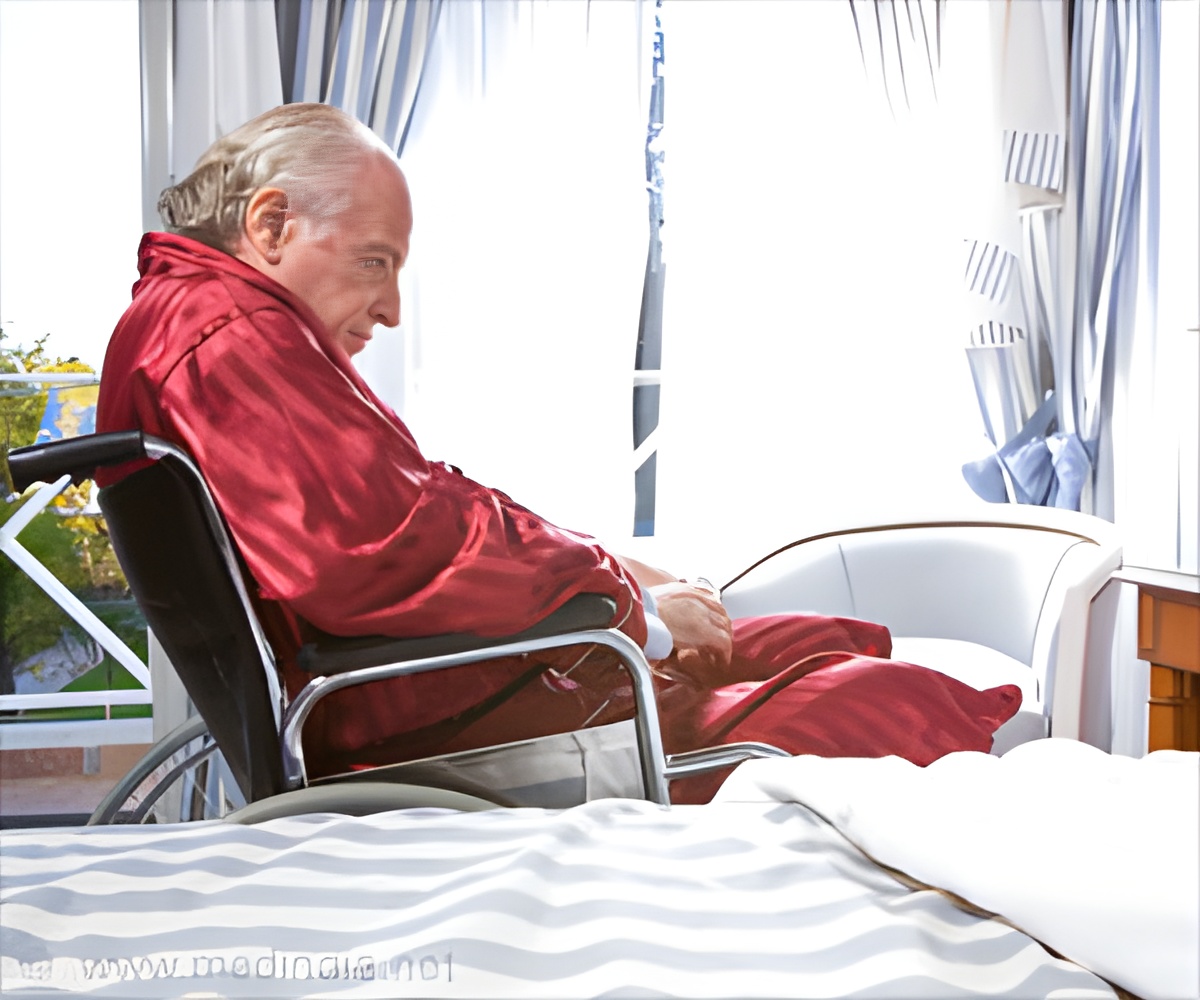
Bhave wrote the script; Sumitra Bhave and Sunil Sukhtankar directed the movie with Agashe and Iravati Harshe as lead actors.
The story revolves around Chakrapani Shastri, a Sanskrit scholar, retired as director of a research institute and suffers from dementia. Shastri wanders off seeking to go near an elephant on the street while his daughter and her doctor husband try to cope with his deteriorating memory.
The caretakers of the elephant take care of him with love and care though they were a couple speaking a different language and cannot figure out who he is. Later the police find him and return to his daughter about 20 hours after his disappearance.
"The impact of the father’s cognitive decline on the relationship dynamics between the care taking family members, as well as questions and doubts about the ailing father is something that resonates with the many family members of people with such illnesses,” said Matcheri S. Keshavan, Harvard Medical School.
Commenting on the movie, Agashe said, "Many people connect with their own personal experiences while watching this movie. A change in attitude and a shift in thinking towards this section of society, which is increasingly living in isolation due to disintegration of families and migration for jobs is needed."
Advertisement
Source-Medindia










